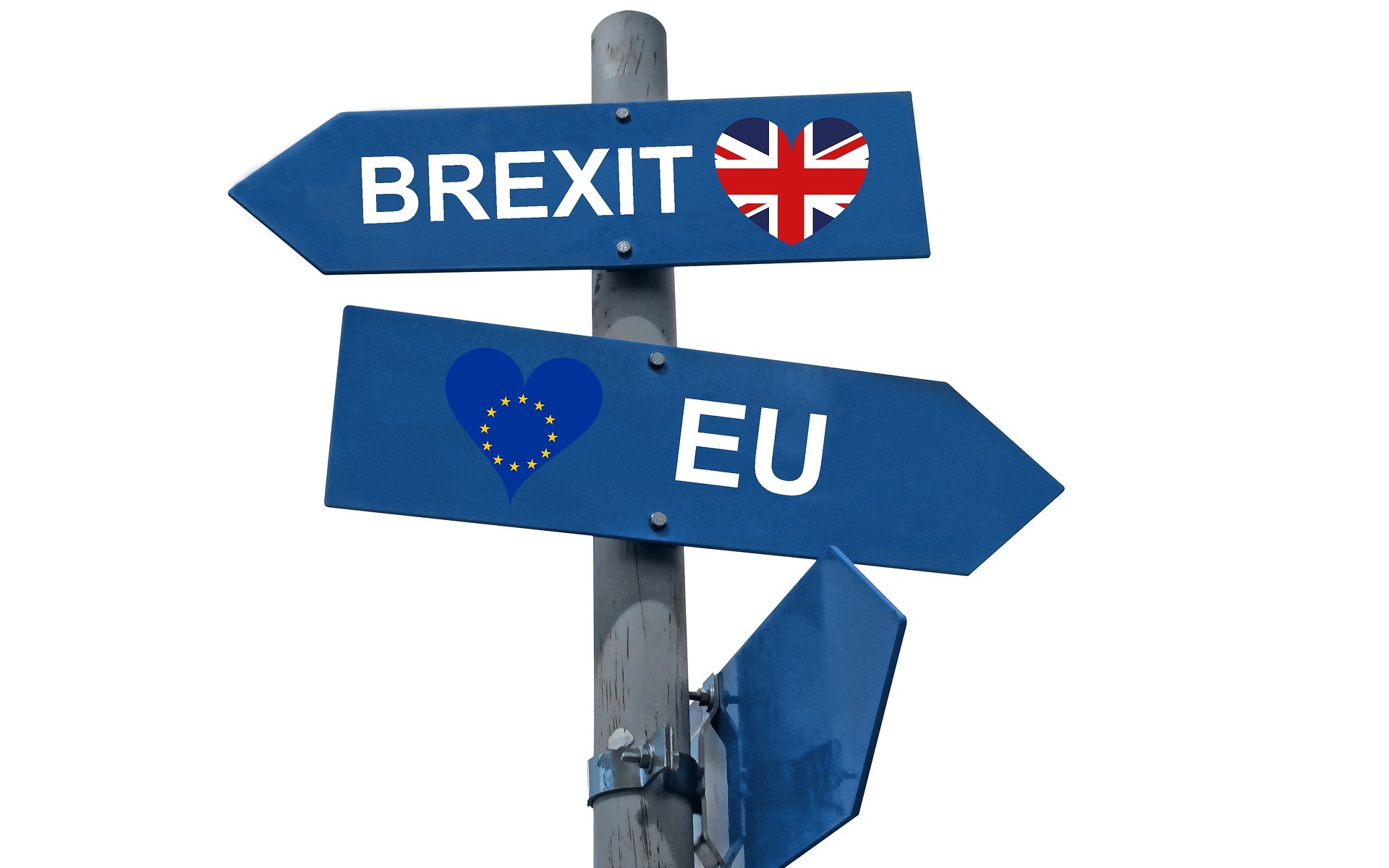
What will be the impact the EU-UK negotiations on trade?
On December 31, the transitional period of Brexit ended. As early as December 24, the negotiations on the future relations between the United Kingdom and the European Union came to an end, with they reaching a trade agreement. It means that since the 2016 Brexit referendum, negotiations on trade relations in the past five years have finally come to an end. This agreement will also lay the foundation for future trade and cooperation between the UK and the EU.
According to the announcement issued by the shipping company ONE ENS is required for all goods imported or exported to the UK and transited through the UK. For cargo boarded in the UK, ENS must be sent 48 hours before the ship approaches. Besides, the British Customs has established a security and guarantee platform for receiving ENS information.
Through the future trade agreement with the European Union, the UK can not only repair the impasse in the previous Brexit period but also regain control of the financial, border, legal, trade, and fishing waters. It is a free trade agreement based on zero tariffs and zero quotas. The agreement guarantees trade in goods worth £668 billion by 2019. But it will also impose huge costs on businesses, as exporters will face a series of border checks from January 1st, 2021 and the free movement of people from the EU will no longer apply to British citizens.
This “Europe-Britain Free Trade Agreement” is over 2,000 pages, covering fisheries, trade, and competition, and will affect all aspects of the future relationship between Britain and Europe. Although the specific terms of the agreement have not been announced yet, from the summary of the agreement, the key points of the changes in trade can be extracted:




